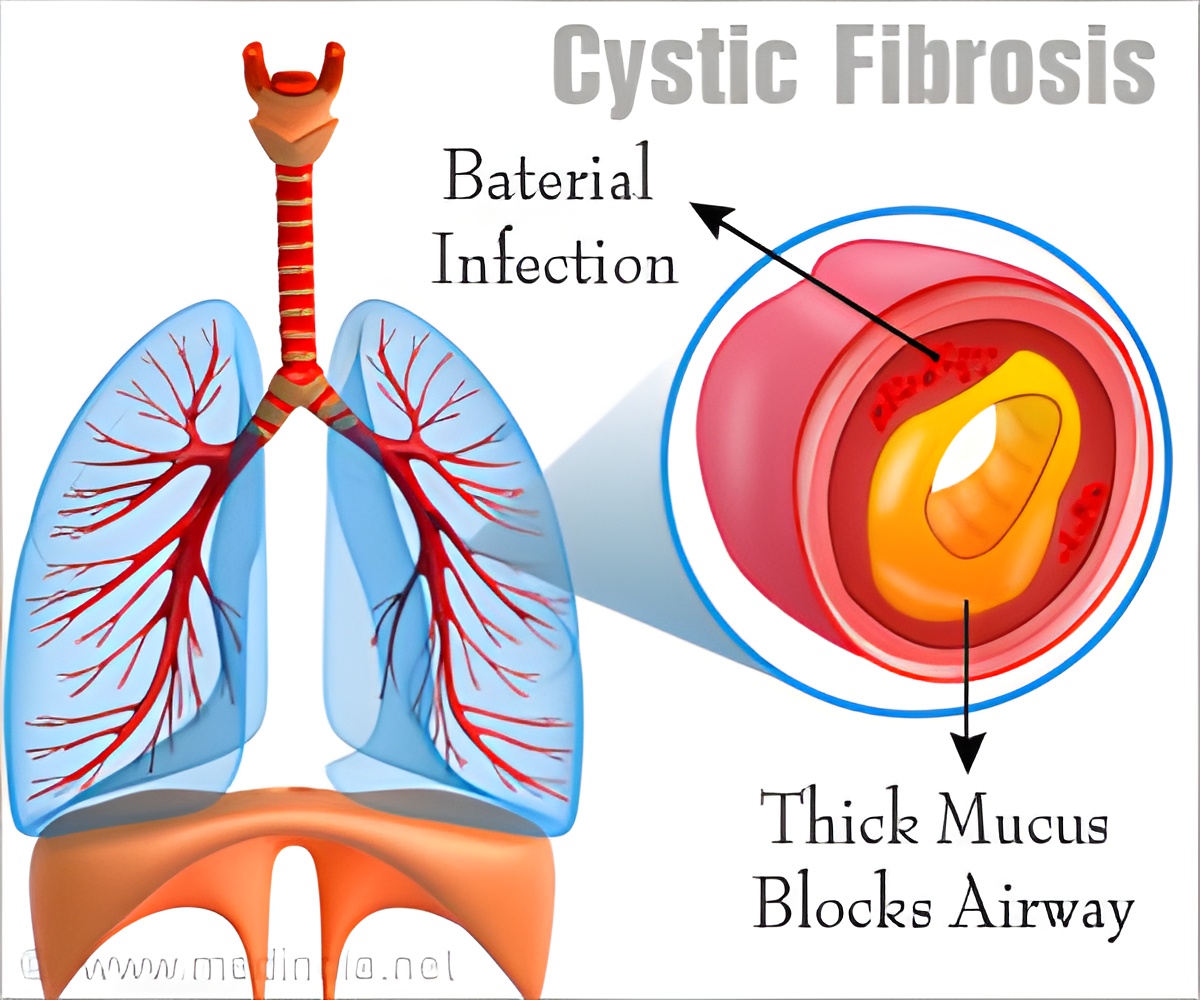Researchers hypothesize that the newly-discovered mutations help re-hydrate the airways, discouraging bacterial build-up in the lungs.

TOP INSIGHT
Epithelial sodium channel mutations help rehydrate the airways of CF patients, making it less likely for detrimental bacteria to take up residence in the lungs.
"There are some patients at one end of extreme severity who need a lung transplant very early in life, then others whose clinical presentation seems to stabilize so that they can live into the fifth and sixth decades of life," says Pankaj Agrawal, MBBS, MMSc, principal investigator and medical director of The Manton Center's Gene Discovery Core at Boston Children's, who was the co-first author on the study.
To find out why, Agrawal and researchers at Boston Children's -- including Ruobing Wang, MD, a pulmonologist, and Craig Gerard, MD, PhD, chief of the Division of Respiratory Diseases -- conducted the first-ever longitudinal analysis of genetic modifiers related to CF.
They combed through a population of nearly 600 CF patients registered at the Boston Children's Cystic Fibrosis Center and found five individuals who stood out because of their advanced age -- in their 50s or 60s -- and relatively normal lung function.
"Given the large size of our center's patient population, we were able to find a number of individuals at this rare 'extreme,'" says Wang, who was co-first author on the paper.
To discover the genetic variants, the researchers collected blood from these patients and performed whole exome sequencing on their DNA, analyzing the "coding" section of the genome that is responsible for most disease-related mutations.
The gene variants are related to so-called epithelial sodium channels (ENaCs), semi-permeable cellular pathways responsible for reabsorbing sodium in the kidney, colon, lung and sweat glands.
"Our hypothesis is that these ENaC mutations help to rehydrate the airways of CF patients, making it less likely for detrimental bacteria to take up residence in the lungs," says Wang.
The discovery brings ENaCs into the limelight as a potential new therapeutic target.
"For example, if we could target ENaCs with a small molecule or an antibody-based drug, we might be able to incur a protective effect against CF's progression," says Agrawal, who is also a physician in the Boston Children's Division of Newborn Medicine.
Based on their findings, the team is now doing further studies to analyze the genetics of patients at the other end of the CF spectrum -- those with extremely severe clinical presentation of symptoms at a young age.
Source-Eurekalert
 MEDINDIA
MEDINDIA




 Email
Email










